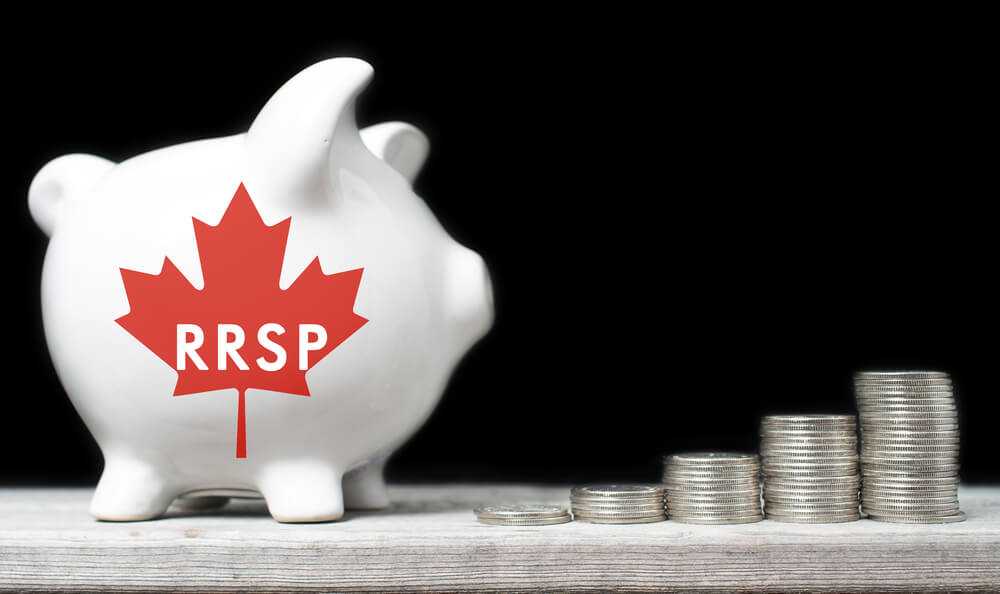BY FAZAAD BACCHUS
The TFSA (tax free savings program) which allows investors to save money and not pay taxes on its growth has just had a major shift in its contributions. The TFSA is a program which started in 2009 and allowed investors to invest as much as $5,000 as a maximum contribution for that year and continuing until 2012.
Then contribution limits changed in 2013 and 2014 to $5,500 and for this year, 2015 the contribution limit is $10,000. The contribution limit for 2016 will change back to $5,500.
If you have never invested any money into a TFSA then you have an available contribution room, meaning that you can invest as much as $41,000. If you have not made any deposit for 2015 as yet there is no need for panic as the contribution room will also be carried forward.
As a Financial Advisor, this quickly brings me to my next topic of, why should I invest in a TFSA. A more complex question would be, should I save in TFSA or use a RRSP; however this question cannot be answered unless you sit with a financial advisor and calculate your tax savings.
As for the TFSA, it is a program in conjunction with Canada Revenue Agency tax regulations, for individuals who are age 18 years and older. It encourages savings and investment and while the contributions are not tax deductible from your income, the earnings, whether it be capital gains, dividends or investment income is also free of tax even, if you were to close off the entire account.
The typical TFSA consists of either cash or mutual funds at a bank or financial institution, however they can be much more, as they can be extended to certain approved securities and certain shares of small business corporations. A more complicated TFSA may even include foreign holdings; however this may attract foreign tax. An important point to note is that a TFSA can be issued by any bank, credit union, trust company or insurance company. Therefore you are not limited to whom you may choose to invest with.
It is important to understand the reason that you are investing in a TFSA. For some, it’s simply extra cash meant for investing and for some it’s part of their overall retirement planning. The latter is extremely important, as this requires intervention by a qualified financial advisor to guide you along the way. This requires a preparation of a retirement forecast and retirement planning from a whole person concept.
You should focus on things like where do you intend to live during your retirement years. Perhaps your plan is to return to the Caribbean or West Indies where, based on foreign exchange rates, cost of living could be cheaper. Albeit you may have to contend with other lifestyle choices that you may not like, but it may just have to do.
An advisor should help you decide on the type of TFSA and the expected value of your investment in years to come. Certainly individuals who do not want to play with their money should sit with his or her financial advisor and develop a proper plan. It is important to calculate your risk tolerance so that your investment choice doesn’t keep you up at night.
And finally if you have maxed out your TFSA contribution limits there are certainly other tax efficient ways in which to save and invest. You could consider a RESP or using certain life insurance policies which are tax exempt. Speak with a financial advisor today for a better tomorrow.

